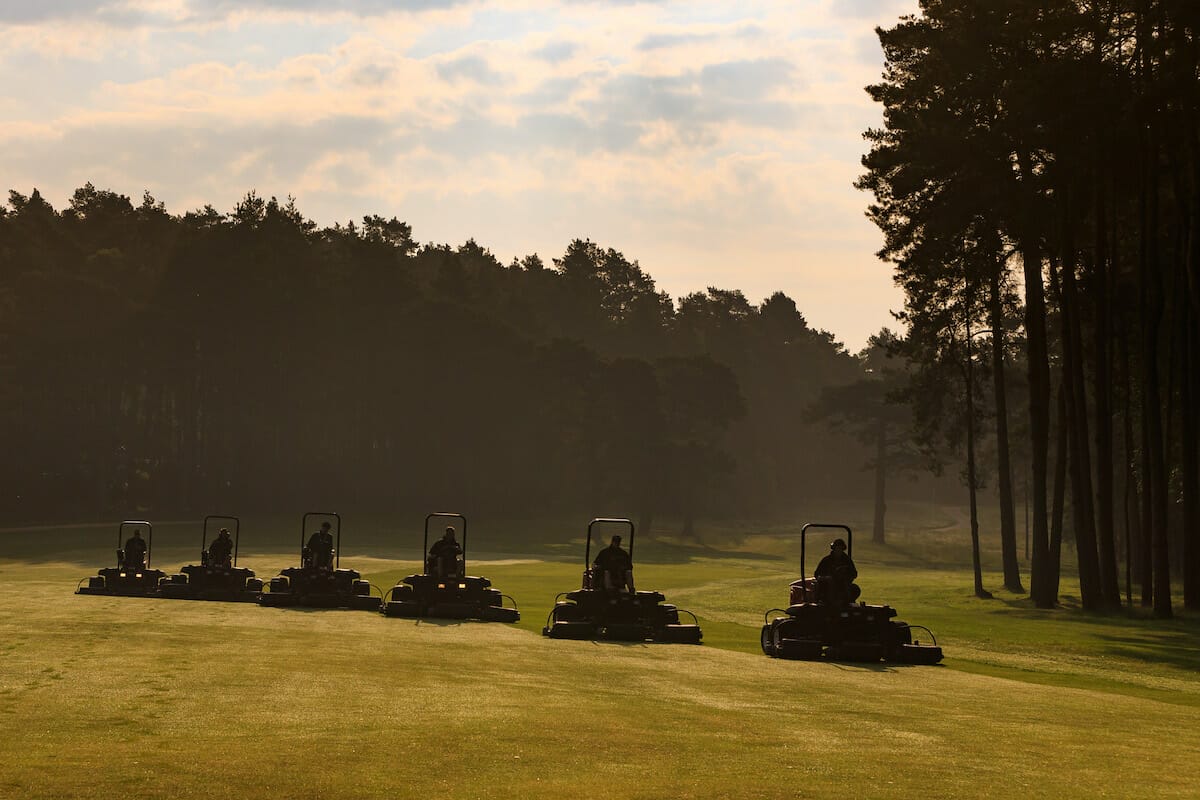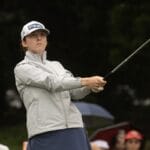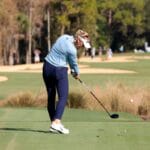The Golfing Union of Ireland and Irish Ladies Golf Union have issued clubs around the country guidelines as to how they can continue to maintain their courses safely throughout the COVID-19 crisis.
On Monday, the Golf Course Superintendents Association of Ireland recommended that Irish Greenkeepers do not attend work, in compliance with HSE and government policy.
There was an immediate outcry from clubs and greenkeepers alike fearful of the impact of such drastic measures.
IBEC have confirmation from Gov that GK are permitted attend work for upkeep. Letter from employer will be required. Consider not only frontline essential services, but also GK and their families by minimal essential maintenance only! #Flattenthecurve credit from @ISTI_2012
— GreenKeeping Ireland (@greenkeepingire) March 31, 2020
However, guidelines already sent to clubs around the country on Friday, March 27th from the GUI & ILGU recognised that golf course maintenance could be considered to be essential work that could not be done remotely, therefore permitting greenkeepers to continue working, provided they do so to the strict safety guidelines outlined below:
Working practices
The primary consideration must be the health and wellbeing of greenkeeping staff. All golf facilities should implement stringent measures to ensure staff members are not at risk. The amount of time that greenkeeping staff are at work should be kept to a minimum and be tailored to fit with the agreed essential maintenance programme.
Measures should include but are not limited to:
- Focus on hygiene and social distancing
- Ensure staff members work separately
- Allocate individual machinery to one worker only
- If multiple staff on site, then stagger working hours and break times
- Limit or prohibit use of communal areas
- Regularly disinfect any surface that is contacted e.g. door handles, fuel pumps, communal machinery
- Ensure there is a robust lone working policy
Mowing
Greens should be mown according to the rate of growth to a maximum of three times per week. Dew removal should be considered on non-mowing days as required to prevent disease spread.
Tees and green surrounds should be mown according to the rate of growth to a maximum of once per week.
Fairways should be mown according to the rate of growth to a maximum of once per week.
Managed roughs and grass paths should be mown according to need to a maximum of once every two weeks (fortnightly). Only roughs considered to be in direct play should be mown allowing for naturalisation to areas largely out of play.
The height of cut adopted for all these areas is site specific but the elevation of the cutting height on fine turf areas is advised to minimise unnecessary stress on the turf. The aim of the above operations is to maintain uniformity, density, texture and health to allow surfaces to be quickly brought back to an appropriate playing standard once play resumes.
Irrigation and Nutrition
Irrigation and nutrition should be carried out as necessary but with the objectives of keeping the turf alive, maintaining a full sward and preventing turf thinning. Avoid excesses of either input which will only serve to promote unnecessary growth and necessitate more maintenance.
Machinery and Equipment Maintenance
This should be carried out as required to ensure that essential equipment is kept safe and operational.
Operations such as maintaining bunkers, penalty areas, wider practice facilities (other than greens and tees), aeration, top dressing and spraying are not considered essential at this time. However, it is conceivable that occasional spraying to control an acute pest, weed or disease problem may be considered essential at times and in some circumstances.
Updates
Given the fluidity of the current situation there may be a requirement to update and re-issue this guidance in respect of future government advice.
























Leave a comment